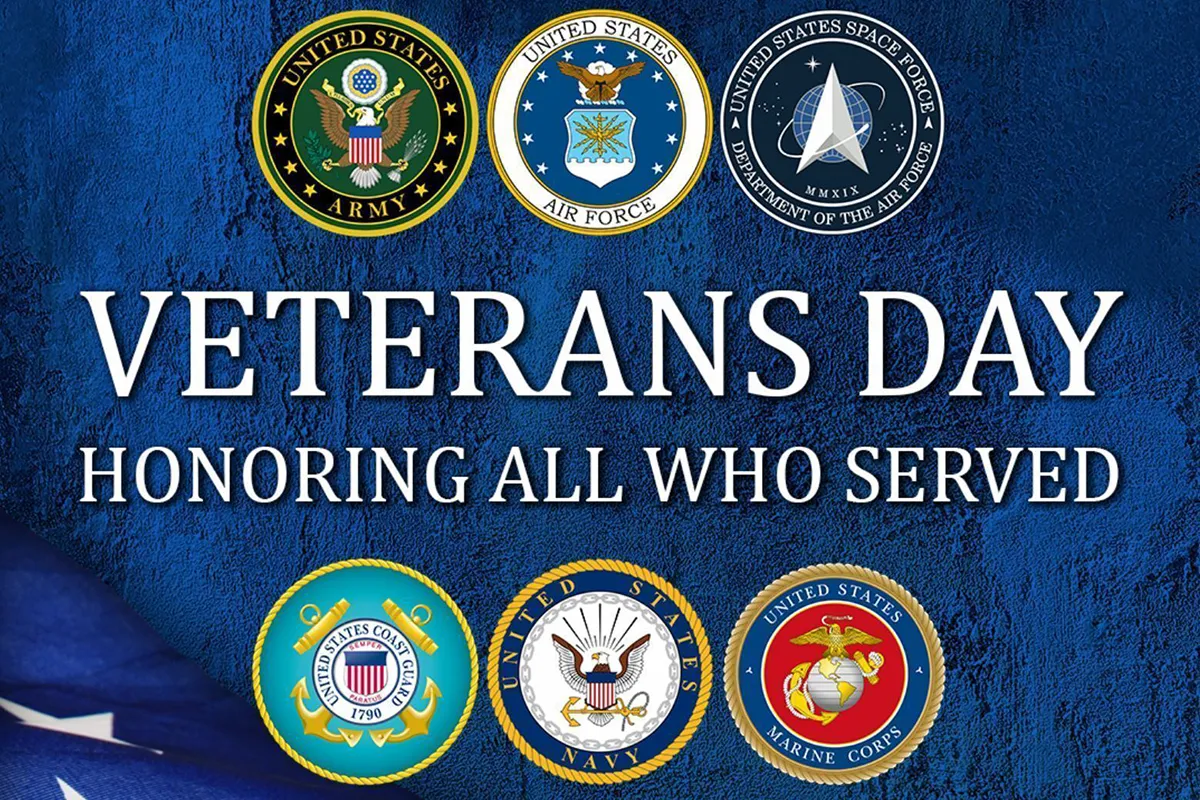The question of how to write objectively in a politically charged world is critical for CNA. As an independent research and analysis organization, our reputation rests on our ability to maintain absolute objectivity. Our success over more than 80 years has depended upon government confidence in our research quality. For this reason, in all of our written products, we carefully guard against bias or even the appearance of bias.
Because of the trust that has been placed in us, our work must be accurate, neutral, and free of personal preconceptions. The way we present ideas and data can shape opinions and influence decisions in military and homeland security agencies, which is why we are committed to maintaining objectivity in all that we do. In our investigations, analyses, and findings, we test hypotheses, carefully guard against personal biases and preconceptions, and challenge our own findings.
To codify our values regarding objectivity in writing, we tasked our editing team with creating a guide on objective language. The team consulted all of the major style guides as well as university writing guides to develop guidance for CNA authors. The CNA Objective Writing Guide provides examples of subjective language, demonstrates how to maintain objectivity, and identifies the following eight pitfalls to avoid:
Eight biased writing pitfalls
- Politically biased language. As a nonpartisan organization, CNA is committed to making sure our work is free of political biases. When we discuss potentially controversial topics, we remain politically impartial and present information in a neutral way.
- Presentation bias. We discuss data in a clear, unembellished way. For example, when we present statistics, we avoid using intensifiers like “a staggering 40 percent.” Such descriptive words are subjective, and they can create a false perception of the information.
- Imprecision. In our writing, we avoid language that is ambiguous and open to misinterpretation. Rather than using vague words such as several or many, we use concrete facts and statistics drawn from authoritative sources.
- Emotive language. Our work uses neutral language that is free of emotional appeals, stereotypes, or prejudices. We don’t use provocative or emotional language to sway the reader’s opinion; rather, we allow the reader to consider the arguments and evidence on their own merits.
- Personal opinion. We base our work on facts and well-reasoned arguments. We thoroughly review the relevant data and ensure that preexisting beliefs do not influence the findings.
- Hyperbole. We limit our claims to what the evidence supports within the scope of our research. We do not use exaggerations or absolutes to prove our points.
- Misrepresented source. When we quote a source, we make sure to correctly convey the source author’s intended meaning. We don’t distort quotations to make them serve our purposes, and we avoid using overly short quotations that lack context.
- Weasel words. Weasel words are phrases that sound meaningful but are actually vague. Examples include the phrases “many people say,” “it is generally thought,” and “researchers believe.” Instead of using phrases like this, we use concrete information from authoritative sources to make claims.
This guide has been distributed across the company and incorporated into the training program each new CNA analyst completes. The guide is one more sign that CNA’s commitment to objective research and analysis is as strong as ever.



